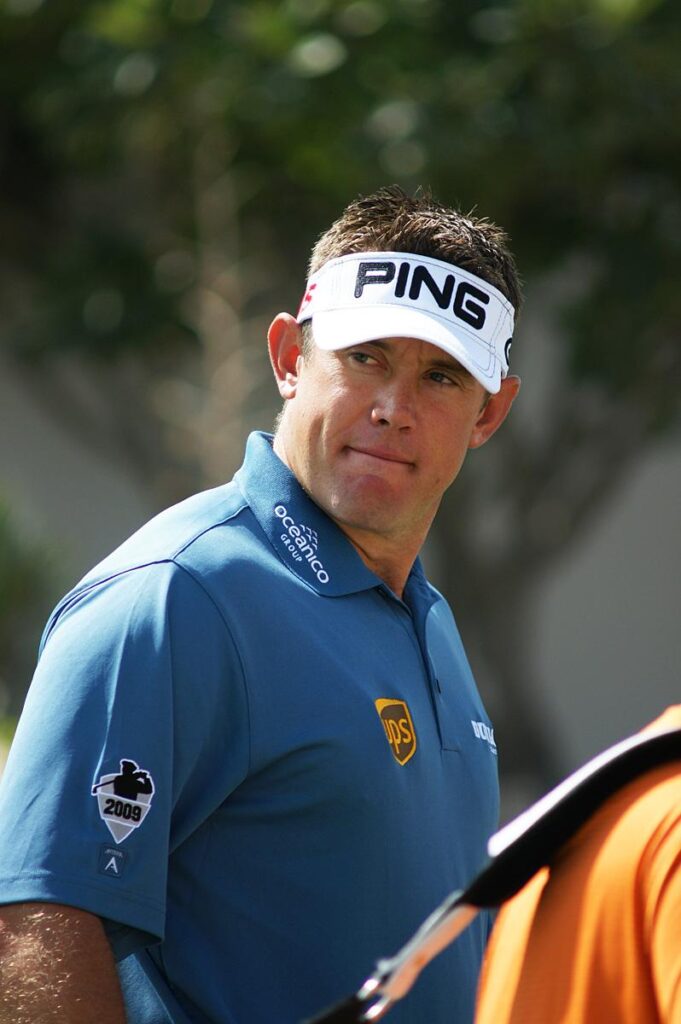Lee Westwood, one of Europe’s most celebrated golfers, has revealed a striking contradiction in his recent dealings with the European Tour. In a candid statement to The Telegraph, Westwood disclosed that the tour once banned him, yet later requested his involvement in promoting the prestigious Ryder Cup. This unexpected turn of events highlights ongoing tensions within professional golf’s governing bodies and raises questions about the dynamics between players and organizers at the highest level of the sport.
Lee Westwood Criticizes European Tour for Ban Amid Ryder Cup Promotion Controversy
Lee Westwood has openly expressed his frustration with the European Tour after being banned for undisclosed reasons, only to later receive a request to participate in promoting the upcoming Ryder Cup. The veteran golfer described the situation as contradictory and unfair, emphasizing the mixed signals sent by the Tour’s management. Westwood’s criticism highlights a perceived lack of consistency in the Tour’s approach, which has left several players questioning the fairness of their decisions during a pivotal phase for the sport.
In response to the controversy, the Tour’s communication strategy has come under scrutiny. Critics point to the following issues encountered by professionals like Westwood:
- Inconsistent disciplinary measures that seem to vary without clear explanations
- Mixed messaging surrounding player involvement in major promotional events
- Lack of transparency regarding decisions that directly impact players’ careers
| Issue | Player Impact | Management Response |
|---|---|---|
| Ban Enforcement | Restricted tournament participation | Limited public explanation |
| Promotion Requests | Conflicting roles imposed | Encouraged involvement despite bans |
| Communication | Player frustration and confusion | Calls for improved clarity |
Experts Suggest Reforms for European Tour’s Player Relations and Event Marketing Strategies
Industry veterans and analysts are calling for a comprehensive overhaul of the European Tour’s approach to player relations and event marketing. The recent controversy involving Lee Westwood-who revealed he was banned from the European Tour only to be subsequently asked to promote the Ryder Cup-has reignited debates over transparency and communication within the organization. Experts argue that such contradictions not only damage the trust between players and organizers but also tarnish the Tour’s public image, undermining its appeal to sponsors and fans alike.
Proposed reforms focus on establishing clear, consistent policies that prioritize athlete engagement and enhance promotional strategies by leveraging players’ authentic voices. Key suggestions include:
- Transparent disciplinary procedures: ensuring players understand sanctions and appeals processes.
- Collaborative marketing campaigns: involving players from the outset to create genuine narratives that resonate globally.
- Regular stakeholder forums: facilitating dialogue between management, players, and sponsors to align goals and expectations.
| Focus Area | Current Challenge | Recommended Reform |
|---|---|---|
| Player Communication | Mixed messages on sanctions | Clear protocols and transparency |
| Event Marketing | Inconsistent player involvement | Inclusive, player-driven campaigns |
| Stakeholder Engagement | Limited dialogue opportunities | Regular forums and feedback loops |
The Way Forward
In the complex world of professional golf, Lee Westwood’s experience underscores the sometimes conflicting interests between players and tour authorities. Banned by the European Tour only to be later asked to promote the Ryder Cup, Westwood’s situation highlights ongoing tensions within the sport’s governance. As the European Tour navigates its relationship with veteran players amid shifting dynamics, this episode serves as a reminder of the challenges in balancing disciplinary actions with the commercial demands of high-profile events.








